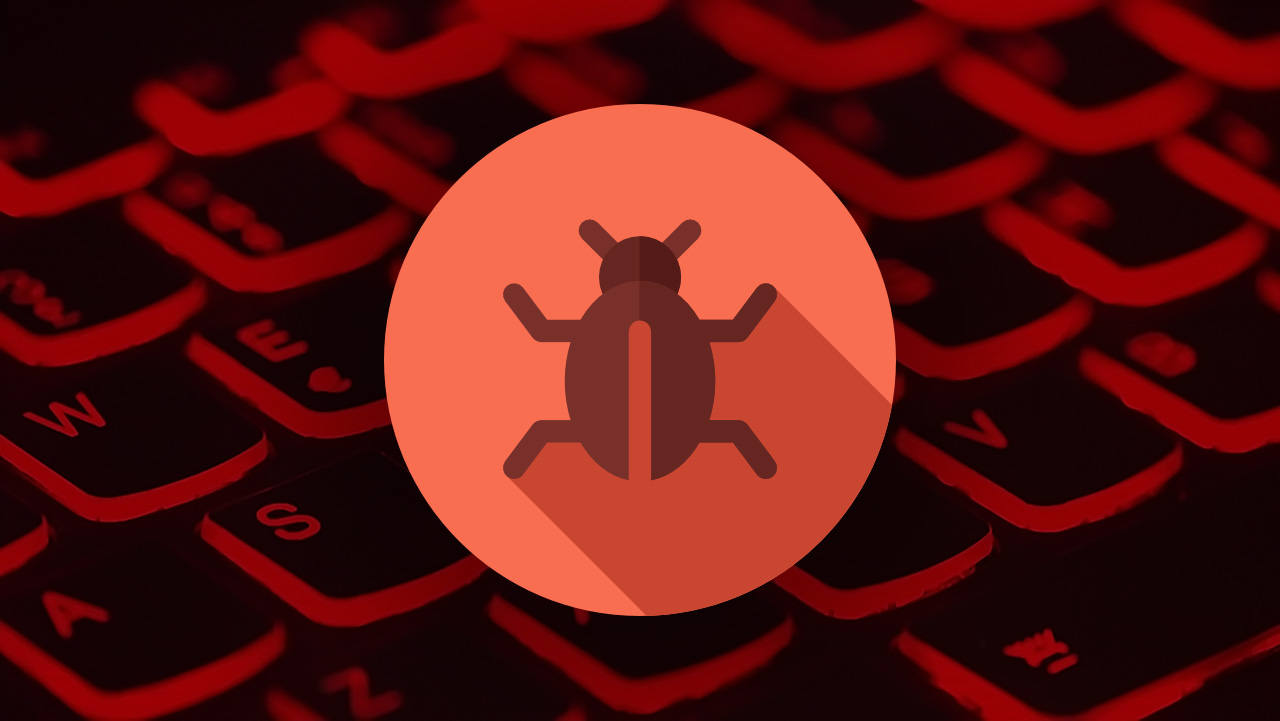Microsoft is rolling out a built-in password generator and a leaked credentials monitoring feature on Windows and macOS systems running the latest Microsoft Edge version.
The retail and hospitality sector is fixing software flaws at a faster rate than five other sectors, a recent Veracode analysis of more than 130,000 applications reveals.
To avoid getting detected, the skimmer is loaded using the PHP function file_get_contents and an obfuscated URL, while ensuring that the user is on the checkout page and not logged in as admin.
The Drupal development team has released security updates to address the CVE-2020-36193 vulnerability in the PEAR Archive_Tar third-party library which provides handling of tar files in PHP.
Ransomware attacks took a heavy toll on the United States last year with more than 2,000 victims in government, education and health care, security researchers say in a new report.
Researchers shed light on how a cybercriminal group is trying to step into bigger shoes by collaborating with attackers behind the Clop ransomware in its recent operations.
According to RiskIQ, several Magecart groups have been hiding phishing domains and malicious tools on a bulletproof hosting service known as Media Land since 2018.
The worldwide cybersecurity market is set to grow by up to 10% this year to top $60 billion, as the global economy slowly recovers from the pandemic, according to analyst firm Canalys.
During Senate confirmation hearings, President Joe Biden’s nominees for Secretary of Homeland Security and Director of National Intelligence pledged to focus on cybersecurity.
The company announced it has raised $12.5 million in venture capital from strategic partners Cisco Investments and The Syndicate Group, as well as venture firm Northgate Capital.








